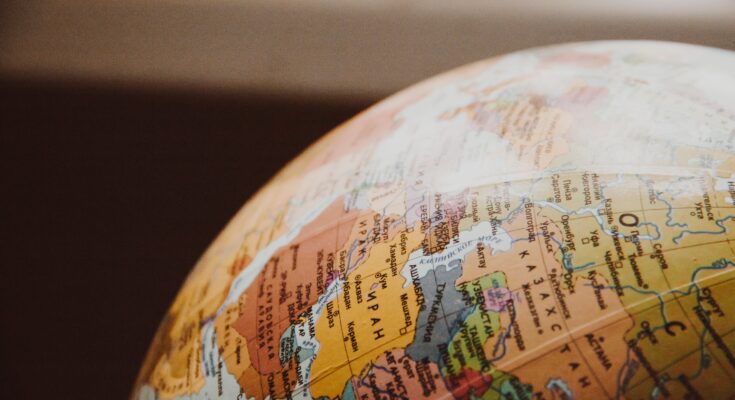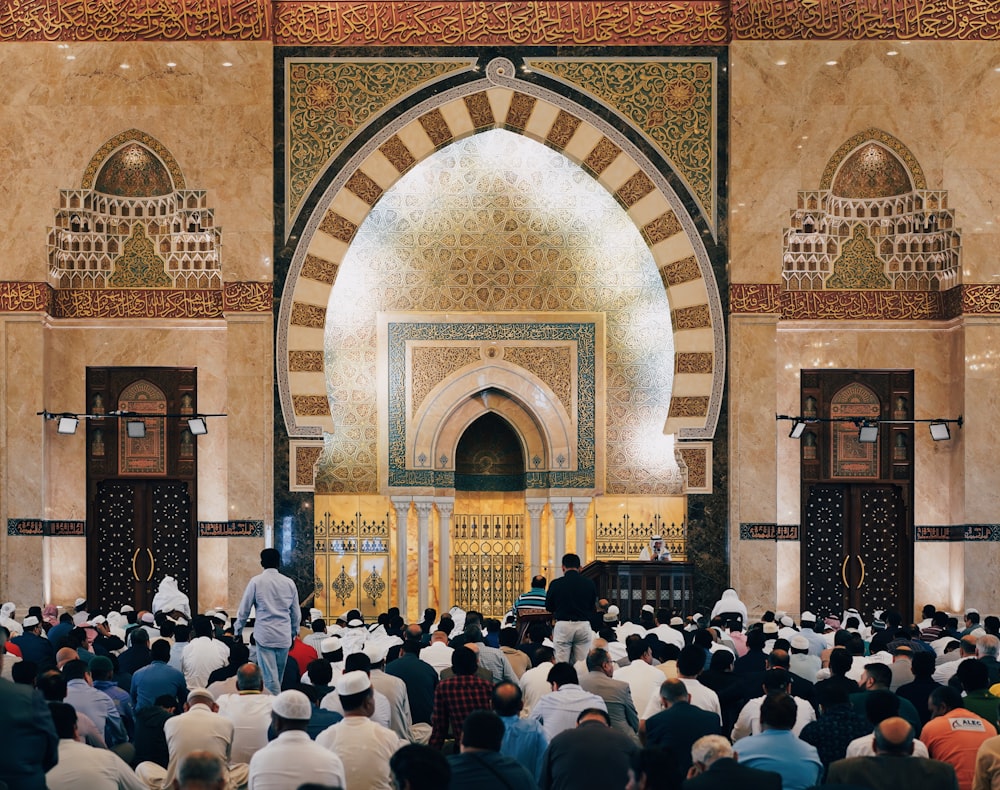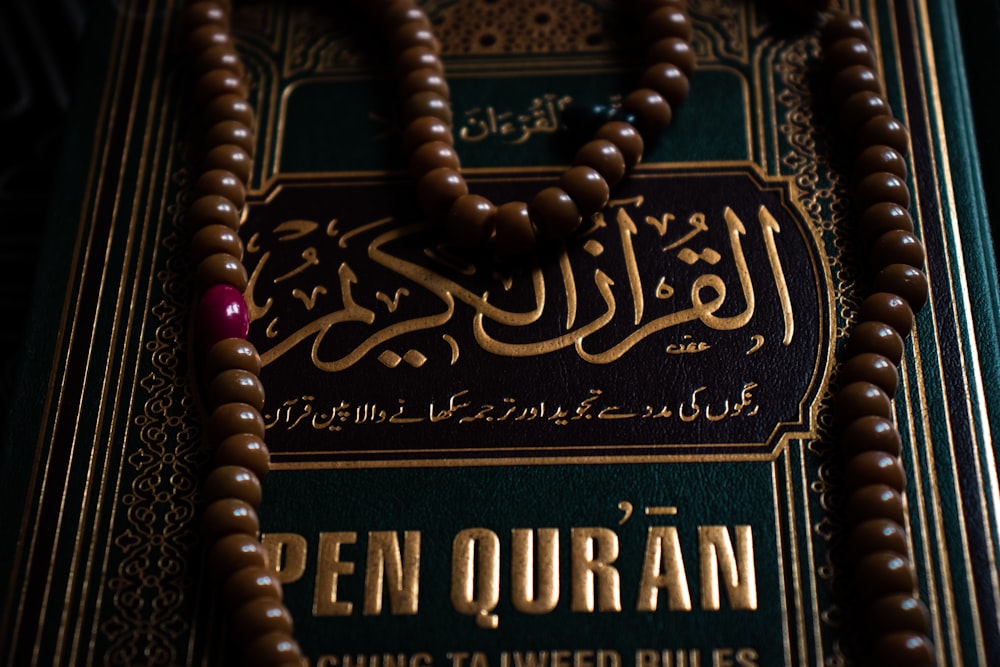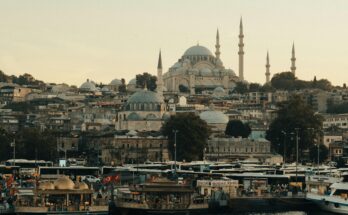Towards Islam and World Politics: Exploring their Relationship
Politics and religion are not exclusively influenced by one another in the Islamic world. Nonetheless, no political thinker could overlook the significance of Islam in Muslims’ public lives. Because of the population’s great propensity towards religion and the loud voice they give it, Islam has a significant impact on the politics of Muslim nations. Let us try and move towards the Islam and world politics.
The relationship between any Religion and politics is complex. To understand it we need to take into account many factors. In this article we have presented a discussion covering some of the important aspects. Read below to know more about this relationship.
Islamic government: Towards Islam & Politics
Image Credits: Unsplash.com
The creation of a genuinely Islamic society is the main goal of an Islamic government. Islam does not view society as nothing more than a group of people. Instead, it holds that the social structure in which these people live. As well as their interpersonal ties make up society.
These are arguably the most defining characteristics of a civilization. Based on their social structures and legal and moral frameworks, societies are classified as either just or unjust, developed or underdeveloped, complicated or simple.
The intricate network of social ties that makes up society includes social advantages, financial resources. And the design of the current political system.
An Islamic government is one that acknowledges and submits to Islam’s supreme authority. It aspires to execute Shari’ah and create an Islamic social structure in accordance with the teachings of Islam. All the while trying to align its public policies and political choices with the principles and goals of Islam.
Against Islamic government: Towards Islam & Politics
The opposition to Islamic governance can be broadly classified into two groups. The first group is that of secularists, who maintain that religion and worldly matters should be kept entirely apart. They consider the idea of a religious state to be antiquated and out of date. They contend that this political system model must be limited to an era. A model in which people relied on religion to establish their legal, economic, and cultural interactions. Because they lacked the knowledge or expertise to organize their social structure.
Secularism, however, is not a philosophy that just discusses how religion and politics interact. It is essentially a radical perspective on how revelation and religion shape human knowing. According to secular reason, knowledge can be formed by the human brain without the aid of revelation. This suggests that reason is independent and self-sufficient in and of itself. Therefore, without the assistance of God or religion, mankind is capable of creating the natural and human sciences, philosophy, law, and ethics.
Towards a Islamic society
Image Credits: Unsplash.com
Important side effects of such a revolution are its moral and cultural implications. Maximizing the importance of moral characteristics, Islamic principles, and genuine compassion in social connections is vital for an Islamic governance. Supporters of the Islamic state think that moral attributes and true humanity, which are the foundation of religion goals and values. Because it can elevate human civilization to a higher plane of existence.
To show that the Islamic legal system is unable to adapt to social changes, the argument that rejects the possibility of harmonizing social order. This is according to Islamic laws and principles typically tries to limit the conversation to a solely legal one.
The aspect of flexibility: Towards Islam & Politics
When we limit our analysis to the legal side of things, the precise complaint levelled by this argument against the idea of a “Islamic state”. It is that the Islamic legal system is unable to adapt to social changes. Therefore, it cannot possible satisfy the legal obligations of human society. Because it is rigid and unable to adapt to new conditions.
Every legal system needs adaptable components in its foundations and procedures. Because it effectively handle the diverse societal ties it will unavoidably confront. Even if the Islamic legal system lacks these elements, it is important to recognize that it does have certain characteristics that enable it to satisfy all of the legal demands. All the demands made by the two categories of social change stated above.
The efficiency of Management
Image Credits: Unsplash.com
Two opposing groups have arisen as a result of misconceptions regarding the application of Shari’ah. And the function of fiqh (Islamic jurisprudence) in governing a state and its society. These groups mistakenly conclude that the Islamic approach to governance is incompatible with “rational management.” It is the norm in the majority of modern states. This group can be split into two groups. The first group maintains that Muslims in the modern world should organize their social, political, economic, and cultural issues through technological and logical administration. In this regulatory framework, religion is kept apart from worldly affairs while the human mind, technology, and sciences hold authority.
A misunderstanding of the terms “religious state” and “religious social order” leads to this false conception of the function of Islamic law in social management. And it affects the formulation of political or economic policies. This false impression of a religious society and state gives adversaries a platform from which to paint the Islamic state as outdated and unresponsive to modern demands. As well as Islam as a system that rejects reason, advancement, and human understanding.
Objectivity of Islamic state
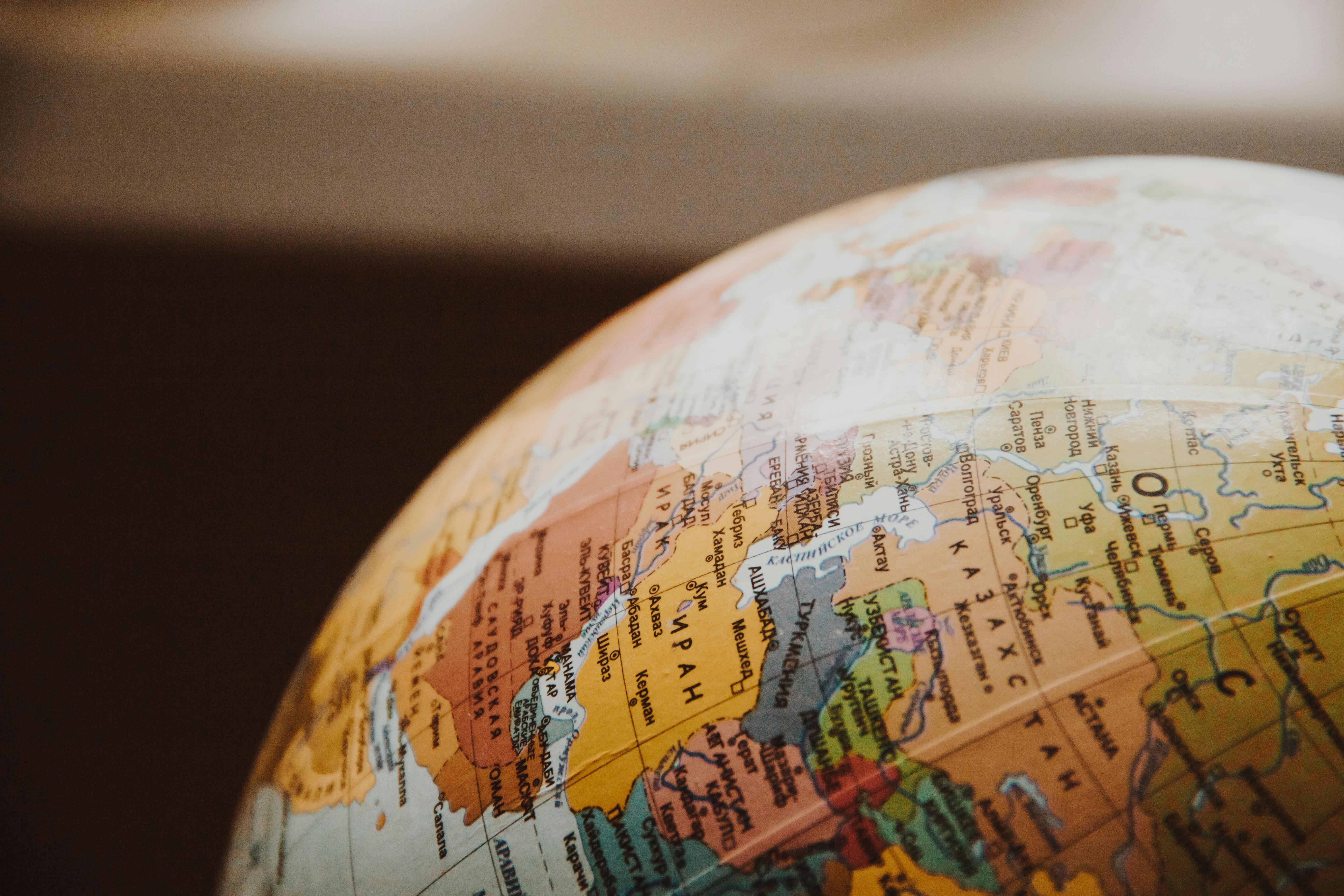
Image Credits: Unsplash.com
Any political system must have ideological goals and purposes in order to set itself apart from competing ideologies. Goals like establishing a welfare state, expanding access to education, fostering wealth, and protecting national boundaries are universal to all political system models. Consequently, it is imperative that we clarify the distinct goals of a religious administration. And talk about how they distinguish it from other forms of governance.

